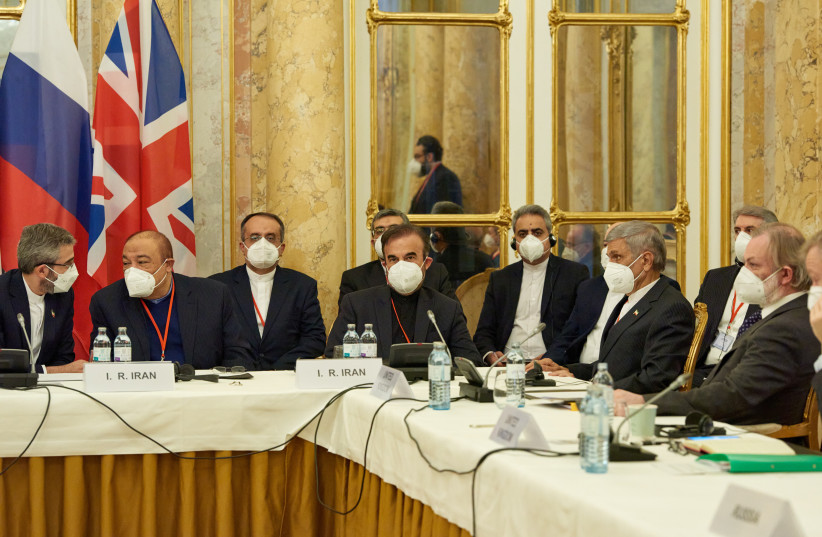WASHINGTON – The Iranians haven’t done anything in recent weeks to suggest that they are eager to re-enter the 2015 nuclear deal, US State Department Spokesperson Ned Price said in a press briefing on Monday.
“Every day that they drag their feet or every day that is filled with nothing but silence on their end, it’s an indication to us that they are not serious and that they are not ready to re-enter the JCPOA on a mutual basis,” Price said.
“For our part, we’re not dragging our feet,” he continued. The US is working with allies and partners to determine if there is an opportunity to return to mutual compliance with the JCPOA. “And we’re pursuing that for a reason that is extraordinarily simple, and that is because it’s still in our interest to do so,” he said.
“And we’re pursuing that for a reason that is extraordinarily simple, and that is because it’s still in our interest to do so”
US State Department Spokesman Ned Price
“We are clear-eyed about the circumstances,” said Price. “We are clear-eyed about our Iranian interlocutors.” For that reason the US has been “preparing equally for scenarios in which there is a mutual return to compliance with the JCPOA, and a scenario in which there is not a mutual return to compliance with the JCPOA.”
He went on to say “that was a focus of President Biden’s trip to Israel, and to Saudi Arabia.”

“We will pursue a mutual return to compliance with the JCPOA for as long as it’s in our national security interest,” he added. “That is not something that we can attach a calendar date to precisely because the United States Government is always taking a close look at the underlying factors. In this case, it’s primarily the advancements that Iran is making with its nuclear program.”
No longer in US interest
“One thing is very certain: we will reach a point where the deal that’s been on the table for several months now will not be in our interest,” he said. “And we’ll reach that point as soon as the advancements that Iran has made and is making overtake the nonproliferation benefits that the JCPOA would convey.”
“The onus is on Iran to come forward to make clear that Tehran is ready to engage constructively, to put aside extraneous issues, and to talk in good faith about the deal that has been on the table for some time,” he concluded.
